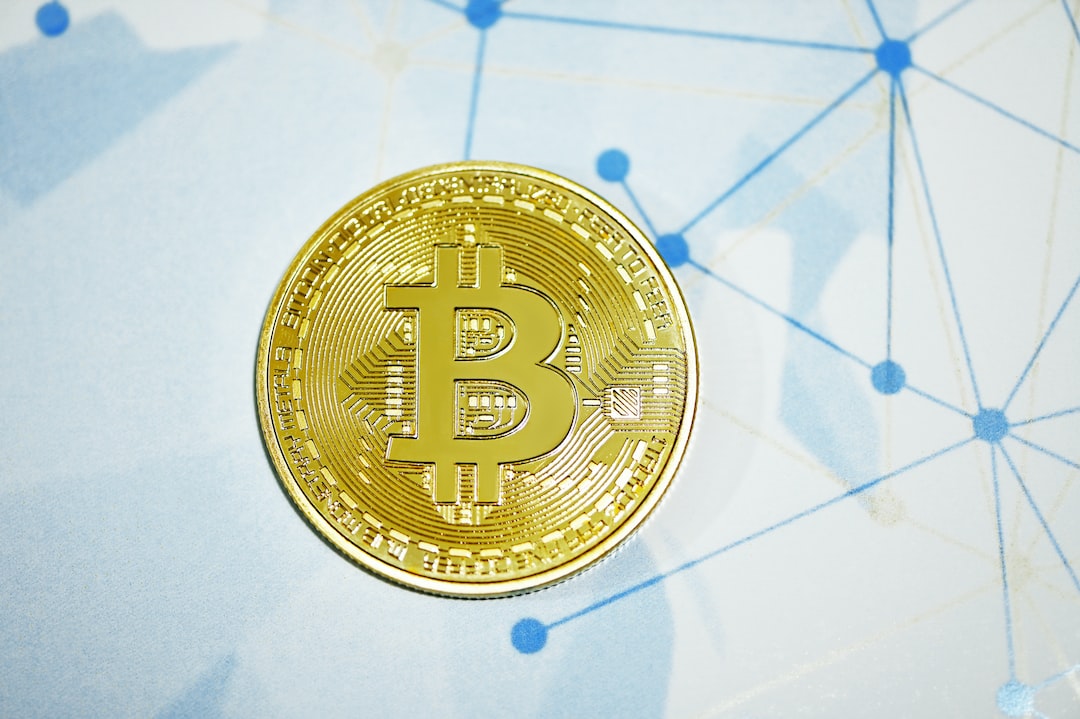Crypto Lawyers Share Insights on XRP’s Legal Status
Crypto lawyers John Deaton and Mike Selig took to Twitter to debunk misconceptions about the judge Torres’ decision regarding XRP’s security status. They aimed to clarify the ruling amidst widespread inaccuracies perpetuated by financial commentators and even some politicians. Deaton expressed concern about the misinterpretation of the judge’s decision and called out politicians like Brad Sherman for disregarding the law to gain more control over financial markets.
Key Points:
- XRP itself is not a security, but it can be sold as part of a security.
- For securities laws to apply, there must be evidence of a contract, transaction, or scheme where individuals or institutions invest money with the expectation of profits.
- Other courts have ruled in line with Judge Torres, concluding that crypto assets cannot be considered investment contracts.
- Legislative action is required to address the regulatory gaps in crypto-asset transactions.
- The SEC seems to prefer the narrative that crypto assets become securities when sold to certain investors, but proper legislation is necessary for the SEC to have jurisdiction.
While transactions involving crypto assets are unlikely to violate securities laws, there is a need for legislative action to establish clear regulations. The SEC’s authority can be extended through legislation to address the regulatory gaps. However, without proper legislation, the SEC currently lacks jurisdiction in these matters.
Hot Take:
The clarification provided by crypto lawyers John Deaton and Mike Selig helps debunk misconceptions surrounding XRP’s legal status. The ruling states that XRP itself is not a security, but it can be sold as part of a security. This distinction is important in understanding the regulatory implications of XRP transactions. The discussion also highlights the need for legislative action to establish clear regulations for crypto assets, filling the current regulatory void. Without proper legislation, the SEC’s jurisdiction in these matters remains limited. Moving forward, it is crucial for policymakers to address the regulatory gaps to ensure a fair and transparent crypto market.





 By
By
 By
By
 By
By
 By
By

 By
By